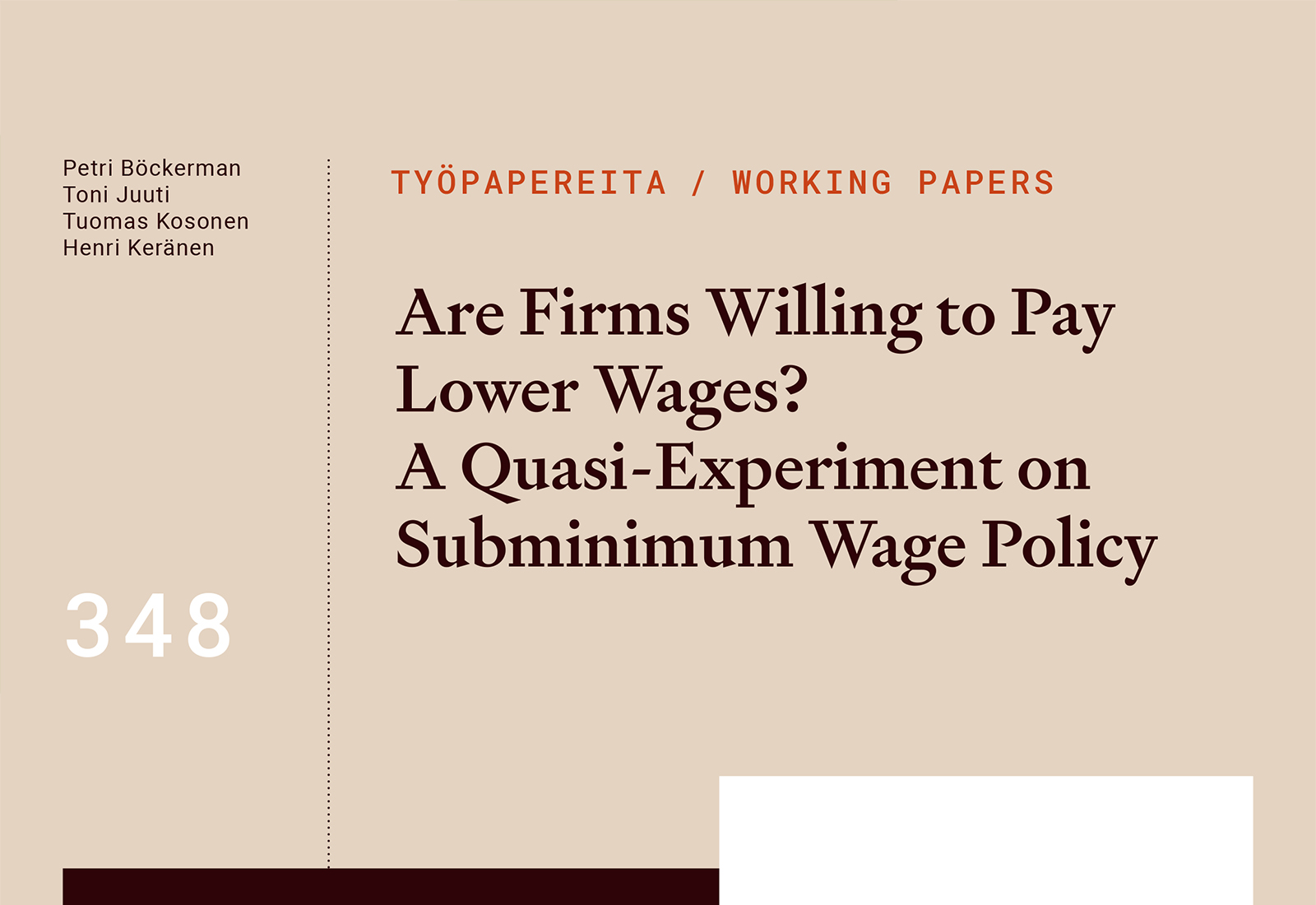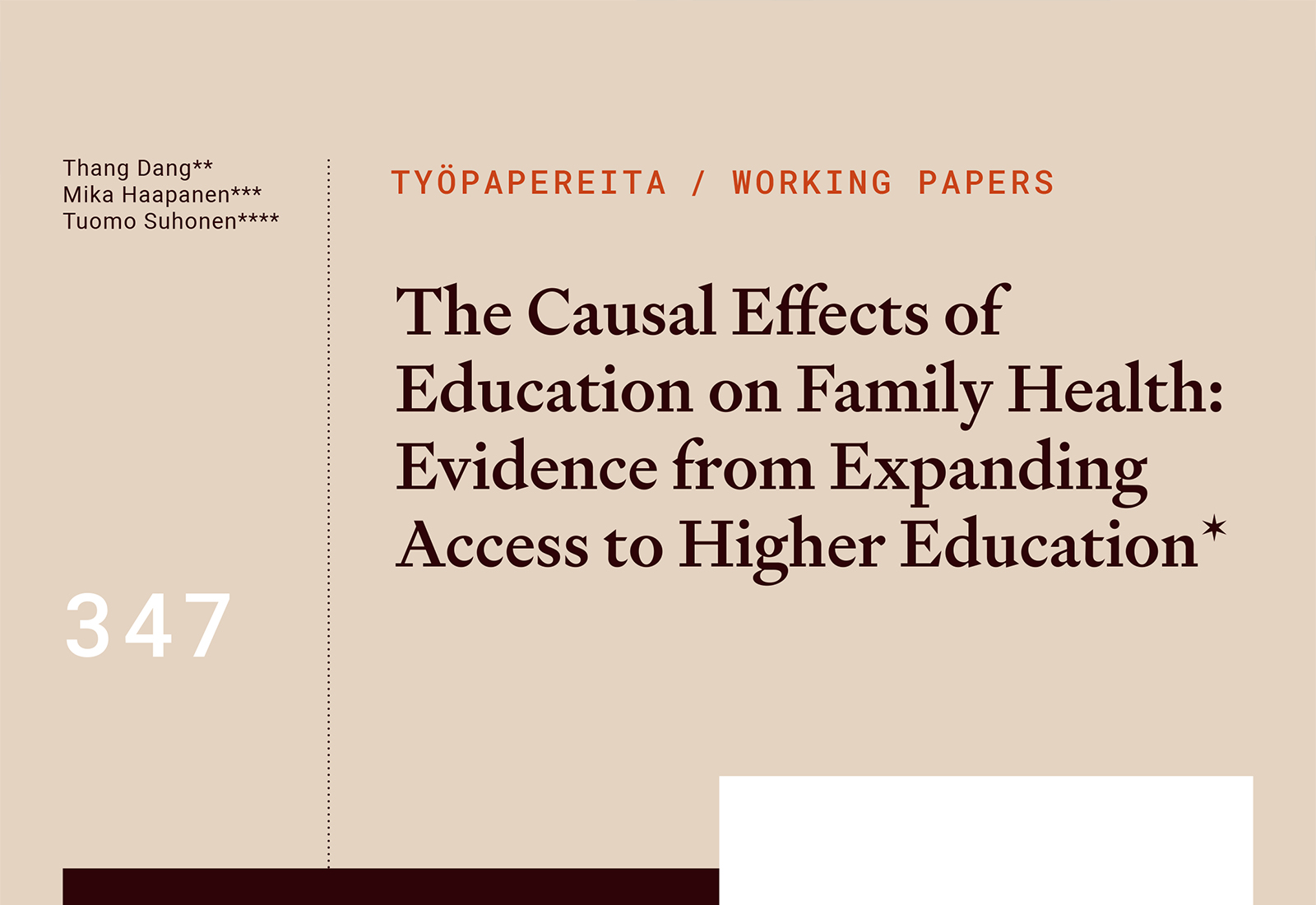Employment policy in Mainland Tanzania: what’s in it for women?
Abstract
Tanzania has experienced relatively strong and stable economic growth accompanied by social stability over the past two decades. The country is also pursuing an ambitious development plan with significant employment objectives. For development to be fully inclusive, specific attention must be paid to the gendered dimensions of employment policy, in terms of both design and outcomes. This constitutes a key challenge in Tanzania, where women and female-headed households are constrained by lower levels of education and social capital, deeper levels of poverty, and limited access to assets—while also being impacted disproportionately by the economic implications of the COVID-19 pandemic. This paper interrogates Tanzania’s employment policies from a gender perspective by adopting a functional approach. We examine policies with (1) a labour market entry-facilitating function, (2) an enterprise- and productivity-enhancing function, and (3) a job quality-enhancing function, through their effects on working age women’s employment in the 2000s. We also discuss the extent to which women’s employment is considered in the broader development approach and social policy model in the country. The analysis draws on a desktop-based scoping review of diverse sources of evidence. The paper shows that several progressive policies have been introduced in the areas of financial services, labour market regulations, and entrepreneurship support, and women’s labour market position has slightly improved in the new millennium. However, women remain at the margins of the broader development strategy, and much needs to be done to enhance women’s access to assets, skills training, and better-quality employment. Further gender-responsive social policy investments would facilitate this process.
Publication Information
Lambin, R., & Nyyssölä, M. (2022), Employment policy in Mainland Tanzania: what’s in it for women? WIDER Working Paper 2022/67, Helsinki: UNU-WIDER.
- ISSN: 1798-7237
- ISBN: 978-92-9267-198-3
- JEL: E24, J16, J88

- Milla Nyyssölä
- Chief Researcher
- Tel. +358-45 7750 2062
- milla.nyyssola@labore.fi
- Profile


